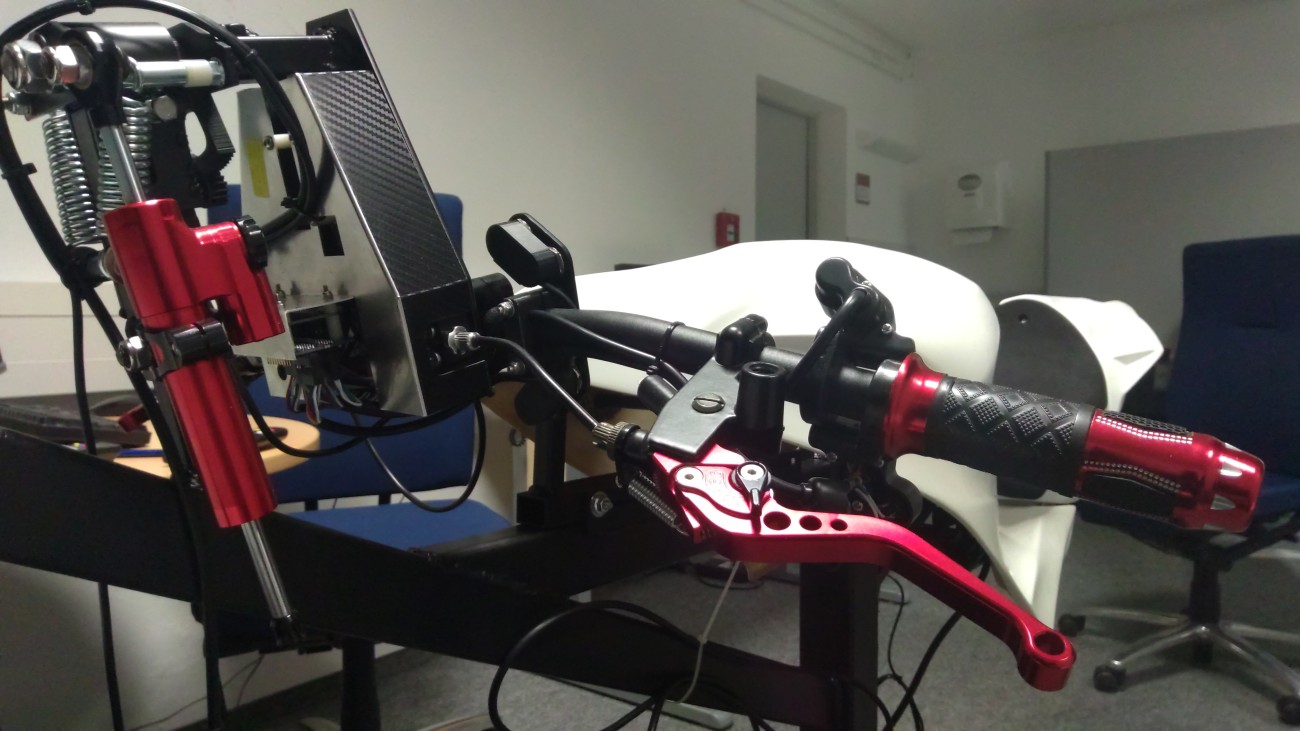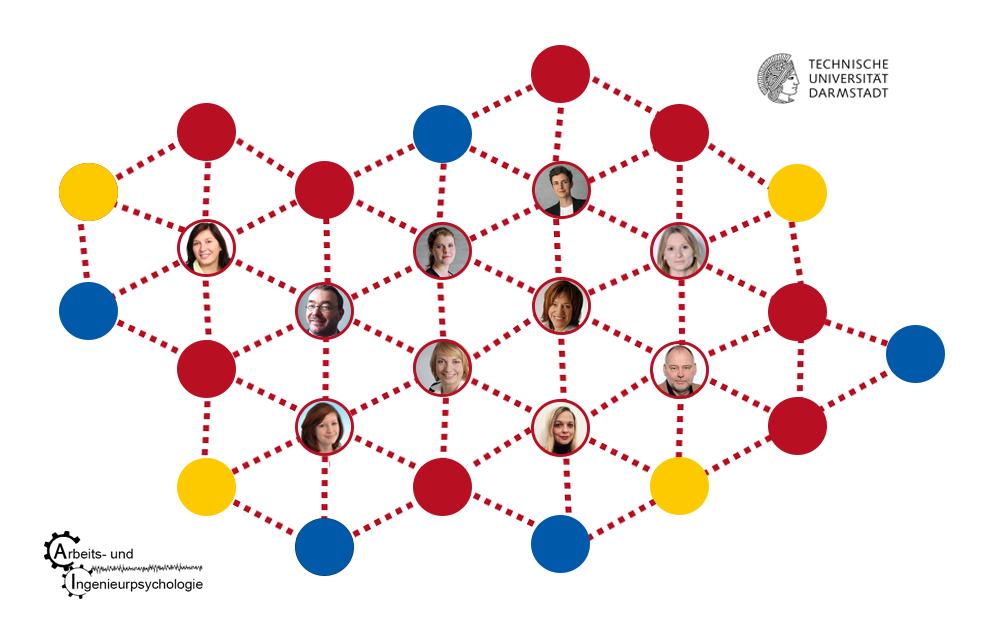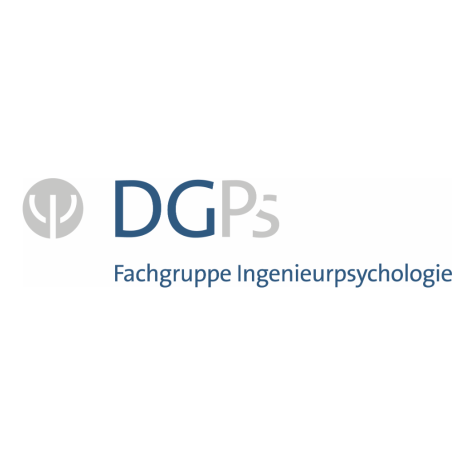We develop intervention, prevention, innovation, and evaluation in interdisciplinary collaboration. In the past, scientists had to know everything in very limited areas. We can only solve the global problems of today and tomorrow if we know as much as possible about everything. To do this, we need specialists and generalists in interdisciplinary research and development teams.
Our society needs interdisciplinarity. Therefore, we need university graduates who successfully work together in interdisciplinary teams from the very beginning (KIVA).
Our society needs integration. The integrated (instead of only outpatient or inpatient) care of people with mental health problems and the demographic change are conceptual, operational, and evaluative challenges that FAI meets. We combine clinical-psychological competencies with competencies in occupational and organizational science (see e.g. integrated care).
Our society needs user and environmentally friendly products. We research and design the intuitive interaction of humans with machines and set accents for a sustainable use of resources (e.g. energy saving, plastic recycling). (See e.g. Vogt, J. & Nunes, K.R.A. (2014). Recycling behavior in healthcare: waste handling at work. Ergonomics, 57(4), 525-535, doi: 10.1080/00140139.2014.887786).
Our organizations need strategic personnel work. In the past, attempts were generally made to save personnel through technical or organizational rationalization. Today, planning, managing, maintaining, developing, and evaluating personnel is of strategic importance (shortage of skilled workers). Instruments such as the Balanced Scorecard Health are necessary (see e.g. Human Factors in Safety and Business Management or Profitability Assessment and Economic Evaluation of Human Performance Management Programmes – Guidelines and Tools).
Our organizations need sustainable production and service processes. Today, consumers are increasingly looking at sustainability and not just at price and performance. Raw materials and disposal are becoming more expensive. Sustainable production and service provision is becoming a competitive advantage.
Our employees want a work-life balance. In the “war for talent,” companies that systematically optimize workload and stress and reconcile family and career will be more successful.











